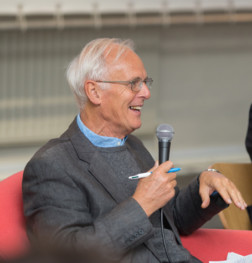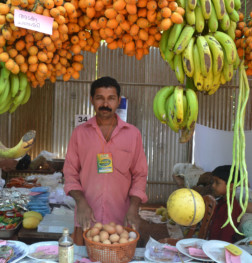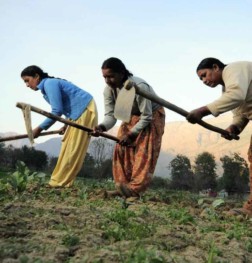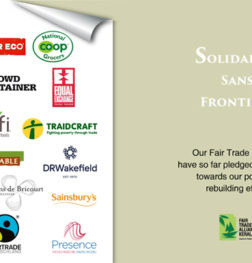
Small Farmers. Big Change
18 January 2011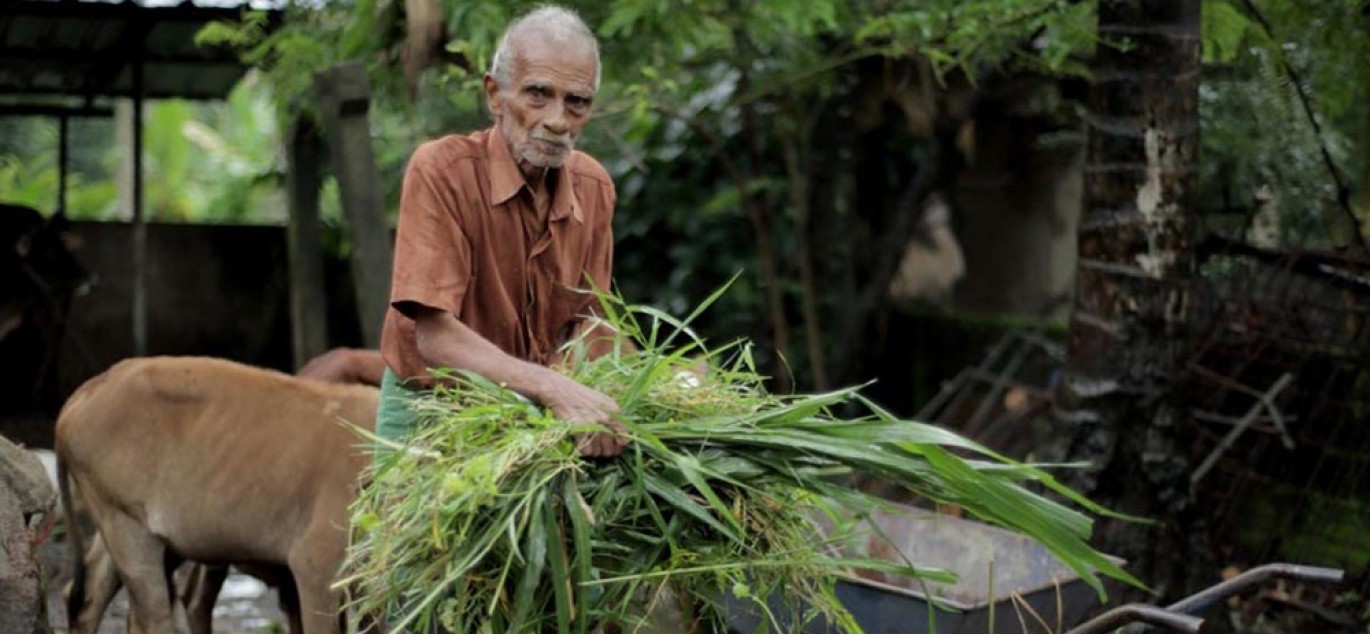

I have been in Kerala for just under two weeks and have already visited many Fairtrade certified farms. Kerala is a beautiful place, it’s very green with palm trees everywhere and as you get higher into the mountains, there are tea plantations and forests. The people are incredibly welcoming, in one day we visited 4 farmers and at every stop we were greeted with Chai (automatically comes with about 5 sugars), bananas and snacks and despite knowing no one in India I’ve already been to two weddings!
The thing I was most struck by was just how small scale the farmers are that Fair Trade is working with. They ranged from owning a plot of land of under 1 acre (tiny!) to 7 hectares. The farmers join together in a cooperative and become a member of the Fair Trade Alliance Kerala (FTAK); all farmers for FTAK are also organic. The farms are all family farms which take on extra workers (usually neighbours) during the busy times, or as one farmer grumbled, to help with the weeding since they’ve gone organic!

The market that Fair Trade provides these farmers with is vital and the structure and support from the Fair Trade Alliance Kerala (FTAK) is also important, for example one farmer Matthew said that FTAK gave him guidance on which organic fertilizers to use and he has since been able to increase the size of his cashew nuts to meet the required size by the supermarket (the supermarkets strict and often pointless requirements mean that a huge amount of good food gets wasted- but that’s a different blog post!) They are also advised to grow mixed crops (including vegetables for their own consumption) which puts the farmer in a much more secure position as they aren’t reliant on one crop only. When I asked another farmer Pally what had changed since they’d become part of Fair Trade, he said that they now worked together and had much more bargaining power and some sort of voice on the world market through FTAK.
By working with small farmers who then organize themselves into cooperatives you are getting to the crux of the original purpose of Fair trade: to transform power relations so that small farmers are empowered to take action and create a better livelihood themselves. I think perhaps this important message has got lost in the campaign rhetoric around Fair Trade. It’s much simpler to show a photo of a school that has been built with the Fairtrade premium but this ignores the importance of people coming together, working together, challenging conventional trade and having a voice on the world market for the first time. Unfortunately and this is perhaps one of the reasons why it’s gone slightly out of view, it’s impossible to get a photo which illustrates this!
